How has cannabis influenced modern music?
min. reading
Music and cannabis have long been a very close-knit team. Listeners who enjoy the psychoactive properties of cannabis can expect an intense sonic experience. Musicians, in turn, count on creativity and freedom in their artistic message. The last 100 years in music show that cannabis has had a significant impact on the work of many artists, while the activities of musicians have influenced the popularization of cannabis in the mass media. How has cannabis influenced modern music?
Table of Contents
Psychoacoustic effects of marijuana
Both musicians and audiophiles agree that listening to music under the influence of THC significantly alters the listener’s experience, taking it to a completely different level. It is scientifically proven that one of the effects of altered consciousness after taking marijuana is how it changes the perception of sound. This means that the brain’s interpretation of stimuli received by hearing, or psychoacoustics, then looks slightly different.
Most music listening experiences after THC are more intense, cognitively interesting and enjoyable. A hallmark of such perception is the ability to notice small details about a piece of music that might normally be missed during normal listening. Sometimes it can be the ability to hear the sound of each individual instrument as it emerges from the overall harmony. Marijuana can also enhance the emotional response to music. Depending on the mood of the piece, we can experience it much more intensely. This element can also be used in music therapy, that is, improving the functioning of the human body through music. Genres that will have an excellent effect on the mood when consuming cannabis include softer, more upbeat and lively jazz, chillout, reggae, indie rock, ballads or classical music. It’s better to avoid overly aggressive, vulgar and very loud music, as it can cause headaches and negatively affect your emotional state.
What did musicians love cannabis so much for?
Probably every artist or creator has had to deal with a lack of creative vigor at some point. It is no secret that the psychoactive compound THC contained in cannabis is a mind-altering substance, affecting the perception of things, changing perspective. Cannabis can open us up to completely new aspects, themes or areas of various processes. They slow down reality and allow us to experience everything around us more accurately. In addition, they make a person feel much more relaxed and calm. Studies on people who consume THC prove that the substance can affect the creative process and help bring out creativity. A common effect is so-called brilliant ideas – this is due to the fact that THC reacts with cannabinoid receptors in the brain, which affect the production of happiness hormones, improve mood, increase openness and flexibility, boosting individual creativity. Not surprisingly, cannabis has become an integral part of artistic culture, creative people and musicians.
Jazz and cannabis
The popularization of cannabis in the U.S. was driven largely by immigrants of color from the Caribbean and Central America, who became involved musically and otherwise. Jazz played in the 1920s exclusively by dark-skinned people was one type of popular music associated with cannabis at the time. At the time, cannabis joints could be bought, among other things, in jazz clubs that sprang up along the lines of those in New Orleans – in the colorful neighborhoods of American cities. They were referred to as “jazz cigarettes” and were forever associated with this period in jazz music.
The subjective sensations during the change of consciousness of the person listening to jazz, as well as playing the instruments, forever changed the face of the genre. Many musicians stressed that their state after consuming cannabis, allowing them to feel the music and rhythm more intensely, allows them to play with sound in an interesting way. In jazz, musical improvisation is very important, which, under the influence of THC, took on a completely new character and the characteristic wildness of this music. Especially during concerts in jazz clubs, one could feel this characteristic scent in the air.
Legendary trumpeter Louis Armstrong was an ardent lover of the soothing and creative properties of marijuana. In 1928, he recorded an instrumental piece titled “Muggles” (English for weed), which was named, a popular slang term for cannabis at the time. Another popular jazz musician, Cab Calloway, who was a regular at New York’s famous Cotton Club, sang many songs dedicated to cannabis. At the time, cannabis was demonized, while its association with jazz musicians, black culture and music gave it a negative connotation.
Rock & roll and cannabis
The promotion of psychedelics by rock and roll artists of the 1950s and 1960s played a huge role in normalizing cannabis use among the general public. While film and television portrayals of cannabis were rather rare and negative, the presence of cannabis in the lives and works of popular artists sparked interest among the masses. It was a time of controversy, experimentation and exploration of a new lifestyle. The works touched on taboo subjects, aroused rebellion against the prevailing socio-economic order. This was also due to pacifists, hippies, and mass protests in the US against the Vietnam War. All this made marijuana extremely popular and began to be associated with rebellion and freedom.
Not only did 1960s listeners hear Bob Dylan openly mention smoking the herb with the other members of The Beatles, but they could also regularly hear mentions of the plant in musical pieces. “Pet sounds” by the band The Beach Boys, or on the famous album “Revolver” by The Beatles. These songs were created by and for marijuana smokers. Even a seemingly innocent tune such as “Got to Get You Into My Life” was later explained by Paul McCartney as a song about the love of cannabis. During this period, cannabis consumption became a bit more casual, which was met with a lot of stigma from the authorities – the progressive criminalization of cannabis and lying misinformation about its effects.
Reggae and cannabis
Probably no other genre of music is as inextricably linked to cannabis as reggae. The musical style, which was born in Jamaica in the late 1960s, was deeply connected with the Rastafari religion prevalent on that Caribbean island. Rastafarians treat the consumption of cannabis as a sacred sacrament. Music was an important part of externalizing their worship of the plant. It became a valuable cultural export for Jamaica in the 1970s, and cannabis and reggae were inextricably linked, especially in their media portrayal. Some reggae stars survived arrests and persecution for their apparent identification with cannabis.
The icon of this genre was Bob Marley, who, through his music, in addition to his love of cannabis, also wanted to ignite a spark of freedom, truth, love and peace in his audiences. He supported the movement of pacifists and free-thinkers, became a symbol of independence, and his music quickly penetrated mass culture. Posters with a smiling image of the artist smoking a joint adorned the walls in the rooms of American teenagers and students in the following decades. Marley’s band member Peter Tosh first introduced the idea of legalizing marijuana in his 1976 single “Legalize It,” which hit the top of the charts upon its release.
Artists mentioned in the article
Louis Armstrong
Cab Calloway
Bob Dylan
The Beatels
The Beach Boys
Bob Marley
Links to songs mentioned in the article
Louis Armstrong – “Muggles”
The Beach Boys – “Pet sounds”
The Beates – “Got to get you into my life”
Bob Marley “Legalize It”


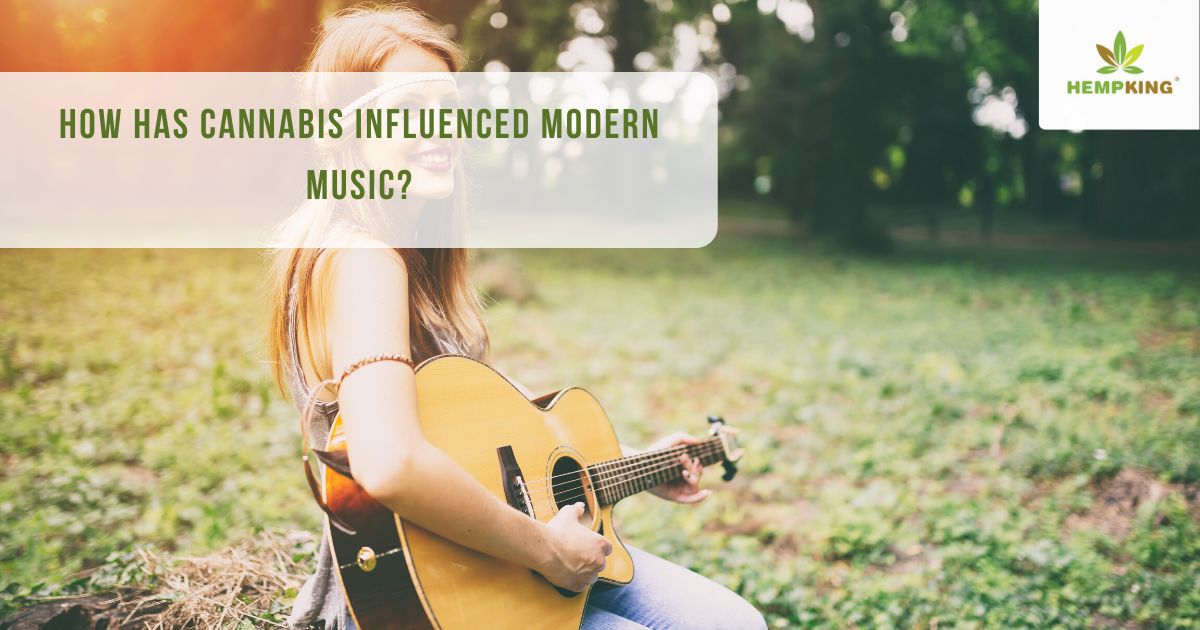

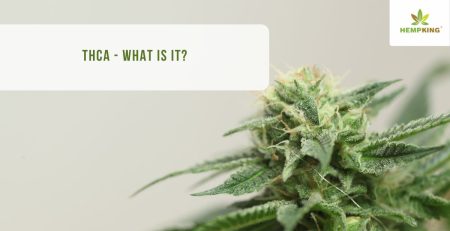
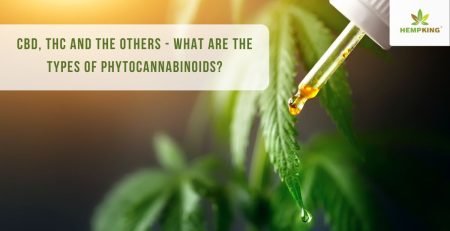

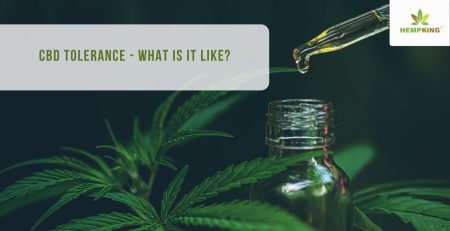
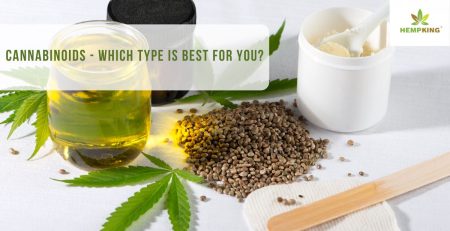

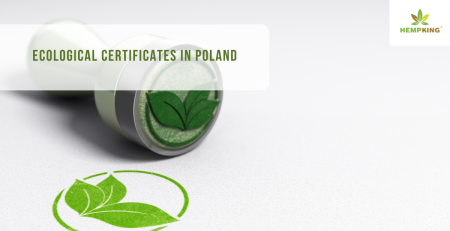

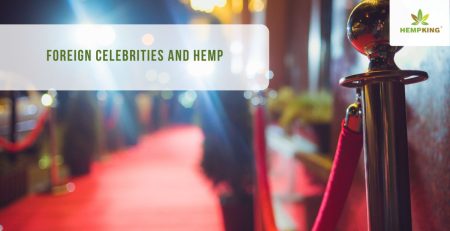
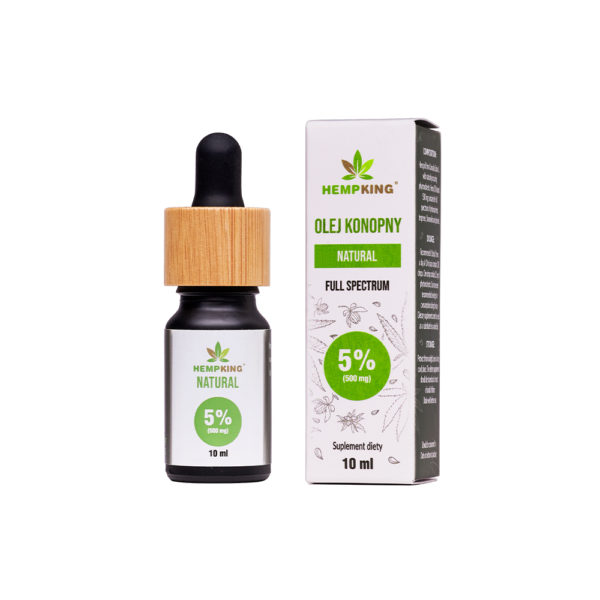
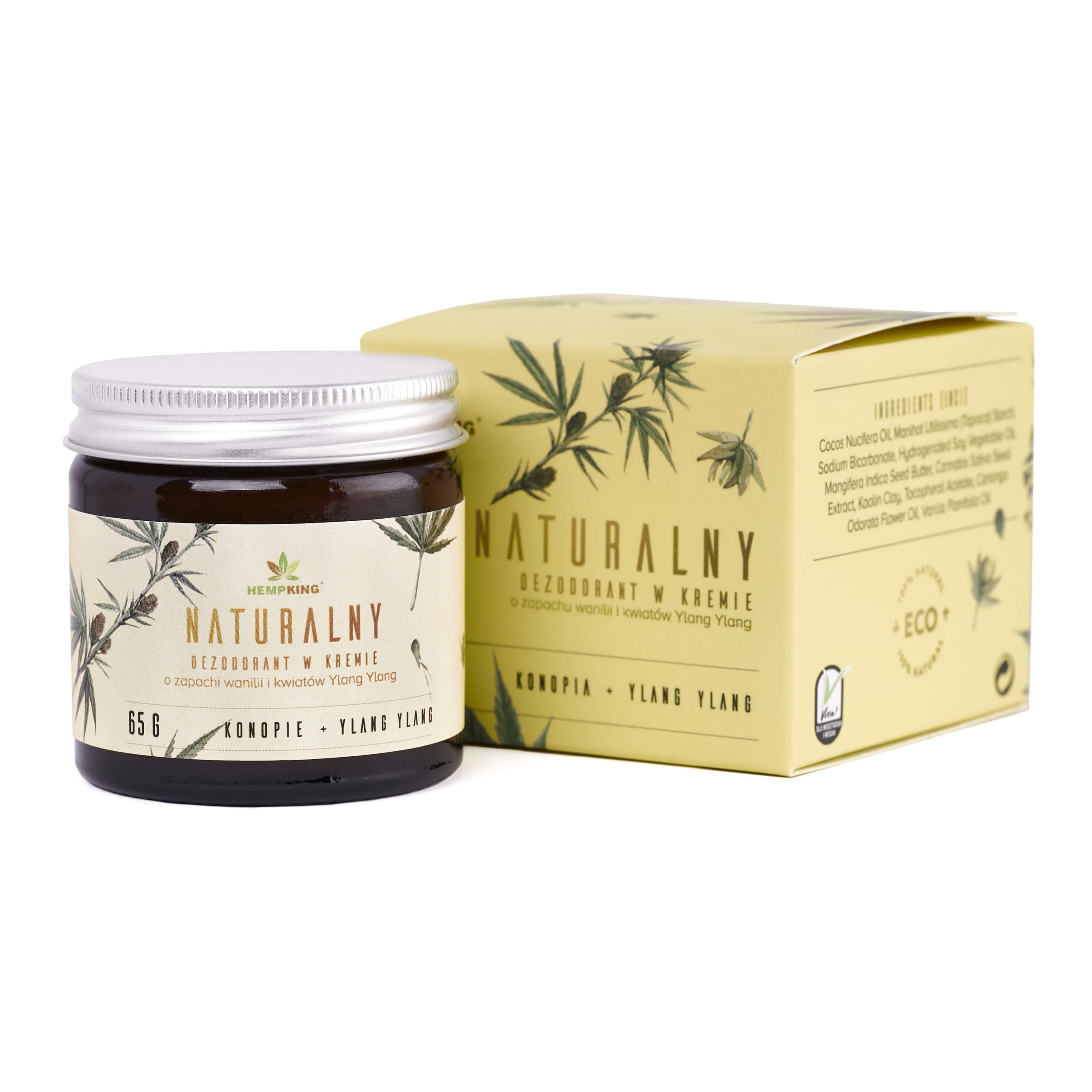
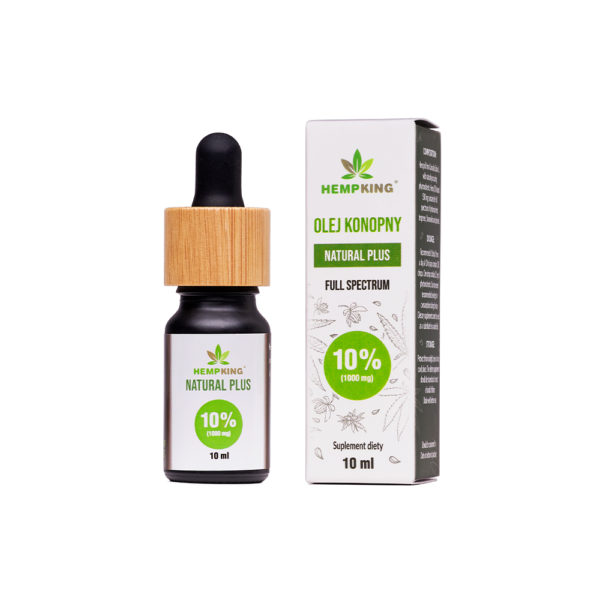
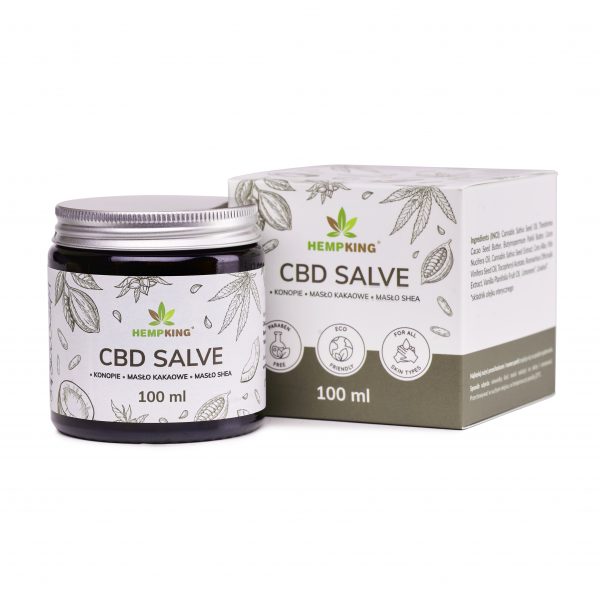
 Facebook
Facebook Instagram
Instagram

Leave a Reply